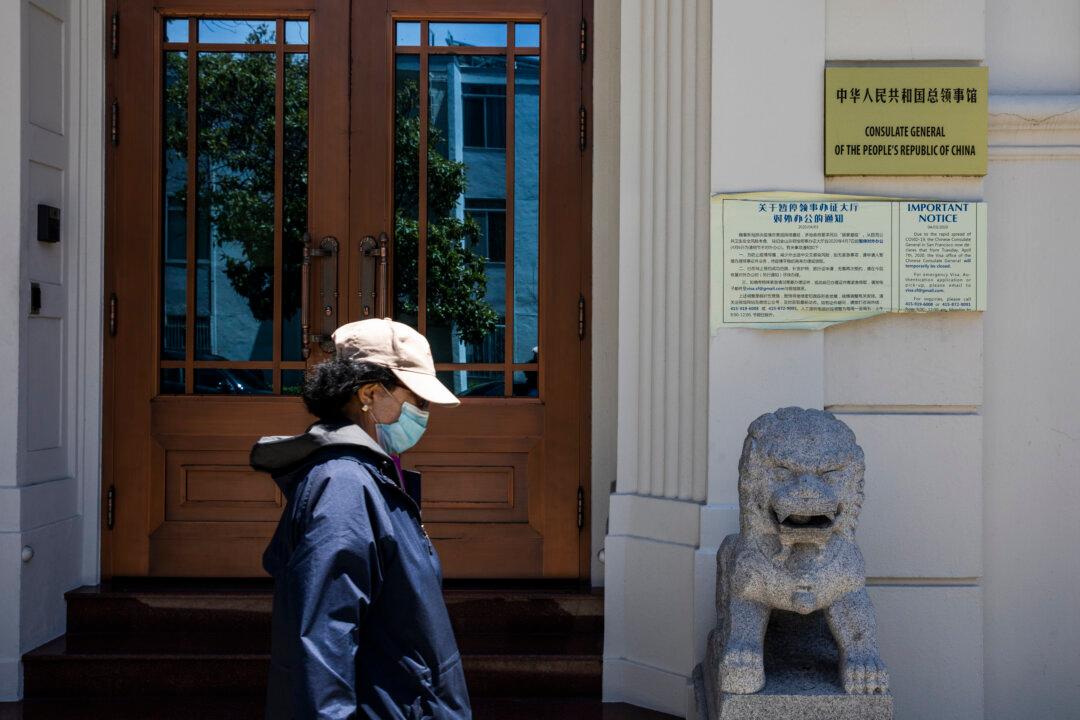Chinese diplomatic missions are a hotbed of spying and malign activity aimed at subverting the United States, experts warn, after the United States recently took unprecedented action in ordering the closure of the Chinese consulate in Houston.
The consulate shut its doors last Friday after the administration accused it of being a “hub of spying and intellectual property theft.”





